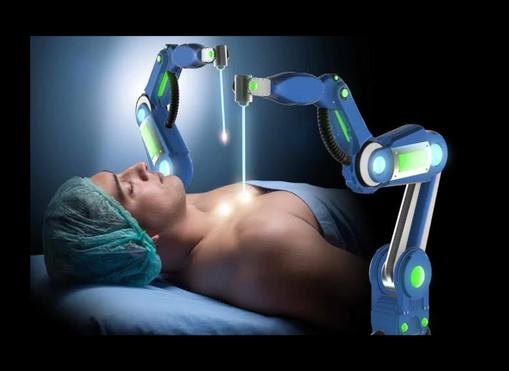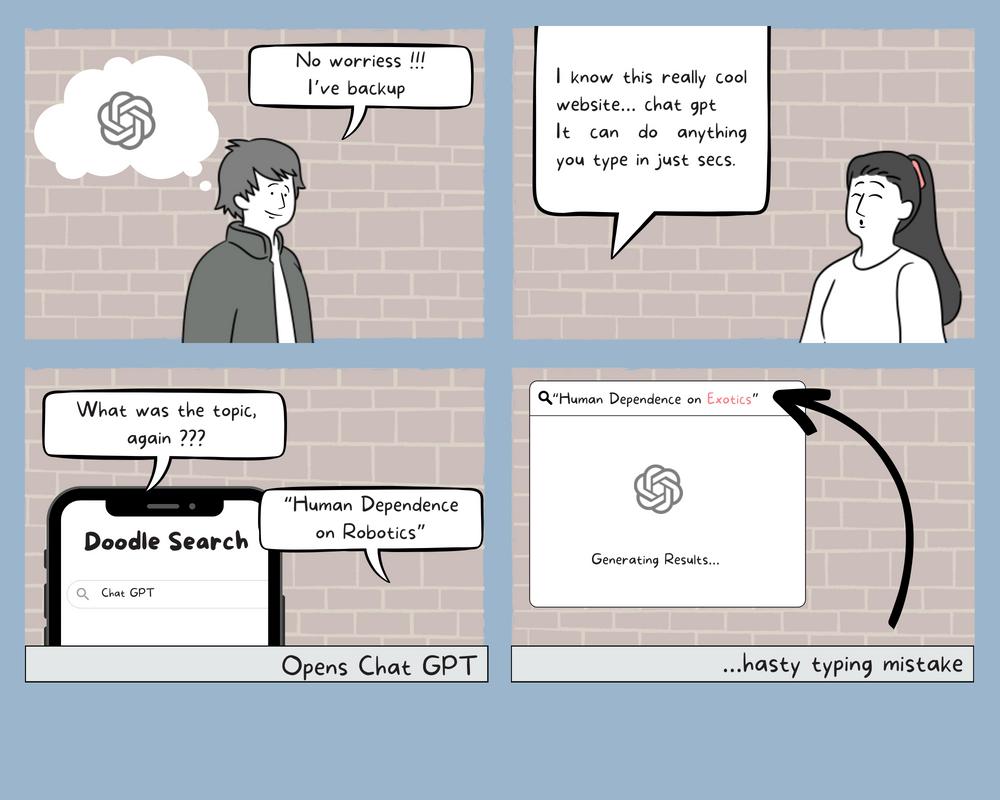
2 minute read
DIGITAL IMMORTALITY
It was a random weekend when I had just finished my post end and it was scorching hot to even think of stepping outside my room 20 minutes post binge watching, I was appalled with what seemed like the most groundbreaking technologyLife after Death After a brief look up on the web, I realized that the whole plot was not just a cinematic liberty but an existing phenomenon. Apparently, it all started with a chatbot that was developed by a son after his father was diagnosed with stage 4 lung cancer.
For months, Vlahos recorded his dying dad’s life stories, then turned them into an interactive AI that speaks in his father's voice. Even today, his dad talks with him via a conversational chatbot called Dadbot
Advertisement
How far would the nature of permanence stay relevant? If AI is meant to tangentially take away anguish of the bereaved, would it not in turn make them lose the gravity of life?
A professor of philosophy who played an integral role in the development of a program in an interview said, “Programs are designed so that artificial reconstructions of the deceased even say the kinds of things that they based on past records would have tended to say If an artificial intelligence program gains access to large amounts of text and voice and video of the deceased, we might even be able to have “conversations” with them in which they feel almost like our familiar old friends, with the same quirks and inflections and favorite phrases.”
This chatbot paved way to an exceedingly high number of companies to “recreate and reinvent remembrance” by using Artificial Intelligence. The desire to bring the deceased loved one “back to life” is understandable a a motivation and helps to explai these companies and their potential
The most notable of these companies is Neuralink that was founded by Elon Musk. This company strives to create brain computer interfaces connecting the human brain to computers which can decipher neural signals. These devices are planned to induce “superhuman cognition” which could significantly revolutionise the digital immortality by decoding not just the cognition of a person but also the hormonal signals of the body which are deeply linked to provoking an emotional response thereby perfecting the operating system of AI.
I remember an anecdote that was narrated to us back in school about how we value a person’s presence only in their absence which forms the basis of the grief that the inevitable nature of death can inflict upon a person
But with the interpolation of digital immortality by AI, how far would the nature of permanence stay relevant? If AI is meant to tangentially take away anguish of the bereaved, would it not in turn make them lose the gravity of life? Barring all the core ethical values associated, would it not possibly dampen the quality of our relationships, the way we view our lives?
As fascinating as this sounds, there are several notions attached to it which can only be explored after it’s successfully established a world where death would just be another page of one’s life.
ARTICLE BY: AKASH KHAIRAJANI










